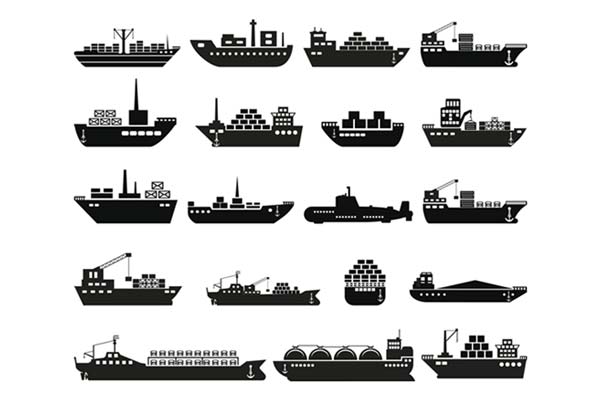Global Marine Emissions in the Spotlight
11
The need to demonstrate environmental responsibility is key for today’s marine and offshore industries. Charterers and the public demand high standards of performance and reliability. Fuels and exhaust gas emissions are also the subject of international, regional and national controls. The most significant is IMO MARPOL Annex VI - Regulations for the Prevention of Air Pollution from Ships, which also applies to mobile offshore drilling units and other oil industry platforms.

The Emissions Monitoring Solution from Protea is the P2000 emissions monitoring system is approved for the analysis of exhaust gases from the engines and boilers of ships and offshore rigs. Robust and with proven reliability, up to six gases can be measured including SO2, CO2 and NOx.
The Protea 2000 emissions monitoring system comprises up to 6 exhaust mounted analysers, each with automatic verification facilities. Emissions data from the entire system is securely managed and displayed at a dedicated Classification Society approved panel PC, with outputs to networks, control systems, and reporting facilities.
Other Articles
The EU Emissions Trading System ETS In A Nutshell
02
Rising Carbon Costs Drive The Need For Accurate Emissions Management In European Shipping
26
Carbon Capture Utilisation & Storage (CCUS) In 2026
16
Global Underground CO2 Storage Data Offers Hope Amid Rising Emissions
01
IMO Postpones Adoption Of Global Net-Zero Shipping Framework
04
Pioneering Carbon Capture Projects Ready For Construction
03
Methanol & Ammonia Deemed Ready As Zero-Emission Shipping Fuels
01
Carbon Capture Storage Reaching A Turning Point In Decarbonisation
13
CCS To Capture 15% Of Shipboard Carbon Emissions By 2050
29
Global Shipping Industry Struggles To Navigate Net Zero Transition
21